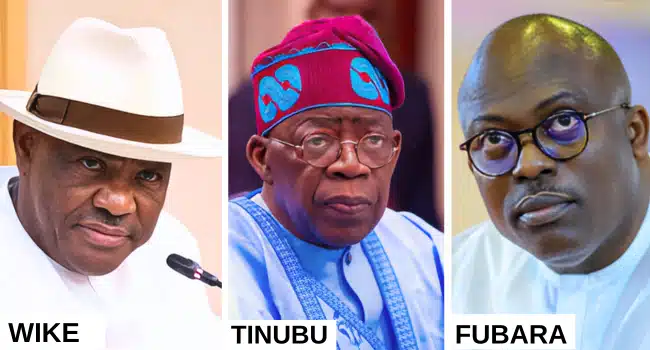Place your adverts here on InfoDig @ low rates; banner ads, sponsored links and guest articles etc. Contact us
The average fare commuters in Nigeria paid for bus journeys between cities in September 2024 reached N7,175.06, indicating a slight increase of 0.22% compared to the previous month and a 21.26% rise compared to N5,917.16 recorded in September 2023.
This data was obtained from the Transport Fare Watch report for September 2024, released by the National Bureau of Statistics (NBS).
“The average fare paid by commuters for intercity bus journeys per drop was N7,175.06 in September 2024, indicating an increase of 0.22% on a month-on-month basis compared to N7,159.00 in August 2024. On a year-on-year basis, the fare rose by 21.26% from N5,917.16 in September 2023,” the NBS report stated in part.
States analysis
The report further revealed that Anambra State recorded the highest intercity bus travel fare (state route charged per person) in September, with N9,587.27, followed by Gombe at N8,330.05.
- The lowest fare was recorded in Kwara at N5,579.42, followed by Ebonyi at N5,611.06.
- On the regional front, the South-South zone had the highest average fare at N7,673.87, followed by the South-East with N7,351.05, while the North-Central zone recorded the lowest fare at N6,886.06.
- The average fare for intracity bus journeys rose by 3.45% from August, reflecting a year-on-year decline of 32.38%.
Other transportation modes
In air travel, fares increased by 0.80% from the previous month and showed a significant year-on-year rise of 57.81%.
For motorcycle (Okada) transportation, the average fare increased by 1.48% month-on-month but decreased by 26.04% compared to September 2023.
- Water transport fares also saw a 1.30% monthly increase, with a year-on-year rise of 4.36%.
- For intracity bus journeys, Zamfara had the highest fare, while Adamawa recorded the lowest.
- The highest motorcycle transport fare was noted in Lagos at N927.07, with the least in Anambra at N318.95. Water transport fares were highest in Bayelsa with an average of N4,573.16 and lowest in Borno at N471.01.
- Zone analysis revealed that the South-West had the highest fares for intracity bus journeys and air transportation, while the South-East recorded the lowest in intracity bus fares.
- For motorcycle fares, the South-West also led, while the South-East had the lowest. The South-South zone had the highest water transport fare, followed by the South-West, while the North-East had the least
Backstory
Following the removal of fuel subsidies by the current administration in May 2023, transportation costs in Nigeria have surged significantly. In August 2024, the price of Premium Motor Spirit (PMS), commonly known as petrol, rose sharply from N770.54 in July to N830.46, as reported by the National Bureau of Statistics (NBS).
- This represents a month-on-month increase of 7.78%, coinciding with the Nigerian National Petroleum Corporation (NNPC) Limited’s acknowledgement of a substantial $6 million debt in subsidies. Year-on-year, the price of petrol has climbed by 32.51%, up from N626.70 during the same period last year to N830.46 this year.
- In response to these escalating costs, the federal government has intensified efforts to promote Compressed Natural Gas (CNG) as a more affordable alternative to petrol and diesel. To facilitate this transition, the Federal Government has launched its CNG Conversion Incentive Program in eight states, with plans to expand to nine additional states by the end of 2024.
The states currently participating include Oyo, Lagos, Ogun, Edo, Delta, Kogi, the Federal Capital Territory (FCT), and Nasarawa. In Lagos, commercial vehicle owners can benefit from free CNG conversions at six approved centers under the Presidential Compressed Natural Gas Initiative (PCNGi).
















